
These Are the Early Warning Signs of Diabetes No One Talks About
Diabetes is often called a silent killer — not because it strikes suddenly, but because it develops quietly, often with symptoms that are subtle, confusing, or easily dismissed. While most people are aware of the common signs like excessive thirst, frequent urination, or blurred vision, there are other early warning signs of diabetes that no one talks about — signs that, if recognized early, could lead to faster diagnosis and better management of this chronic condition.
One of the most overlooked symptoms of early diabetes is persistent fatigue. This isn’t just about feeling tired after a long day — it’s a deep, unrelenting exhaustion that doesn’t go away with rest. High blood sugar prevents glucose from entering your cells, meaning your body can’t use energy efficiently. As a result, you feel drained, sluggish, and mentally foggy, even after a full night’s sleep.
Another unusual early symptom is itchy skin or skin discoloration, particularly around the neck or armpits. A condition called acanthosis nigricans, where the skin becomes dark, velvety, and thickened, can be one of the first indicators of insulin resistance. This may appear on the back of the neck, under the breasts, or in skin folds — and while it may be mistaken for poor hygiene or skin irritation, it’s a red flag worth noting.
Frequent infections or slow healing wounds are also lesser-known warning signs. Elevated blood sugar levels can impair your body’s immune response, making it harder to fight off bacteria and viruses. People with undiagnosed diabetes may notice that cuts and bruises take longer to heal, or they may suffer from repeated yeast or urinary tract infections.
Tingling or numbness in the hands and feet can be another silent sign — often related to early nerve damage called peripheral neuropathy. Although nerve damage is more common in advanced diabetes, mild sensations of pins and needles or burning can appear much earlier than people expect.
Interestingly, changes in your sense of smell or taste may also be a lesser-known clue. Some individuals report that food no longer tastes the same or that they develop a metallic taste in their mouth. This could be linked to how high blood sugar levels affect the brain and nervous system.
Mood swings, irritability, and even depression can also stem from imbalanced blood sugar. Many people assume they’re just dealing with stress or emotional fatigue, but glucose instability can deeply affect brain chemistry. Early diabetes can trigger sudden mood changes, anxiety, and even symptoms that mimic chronic depression.
Vision changes, like blurry eyesight, are well-known, but what many don’t realize is that this symptom may come and go in the early stages. This fluctuation in vision is caused by fluid shifting in the lenses of your eyes due to high glucose levels — so if your vision seems unstable or your glasses suddenly feel “wrong,” it could be worth testing your blood sugar.
Lastly, increased hunger despite eating normally is often brushed off as a metabolism issue or emotional eating. However, this can be a result of your body’s inability to transport glucose into cells, making it believe it’s starving — even if you’ve just eaten.
Conclusion
Diabetes doesn’t always start with dramatic symptoms. More often, it whispers through strange changes in your body that are easy to ignore or misinterpret. Recognizing these lesser-known early warning signs — like skin changes, unusual fatigue, or mood swings — could make a huge difference in catching the disease early. If you or someone you know is experiencing several of these symptoms, it's a smart idea to consult a healthcare provider and request a blood sugar test. Early detection saves lives and prevents complications — and it starts with paying attention to the signs no one talks about.
News in the same category


Why Do I Cough When Taking a Deep Breath?

Taking the Stairs Could Help You Live Longer

Purple Veins on Your Legs: When to Worry

Signs Your Cortisol Is Dangerously High

The Sleep Saboteur: The One Thing You Should Never Do When You Wake Up at Night

Nightly Habits That Could Increase Your Risk of Stroke

11 Secret Baking Soda Tricks for Women That Will Change Your Life!
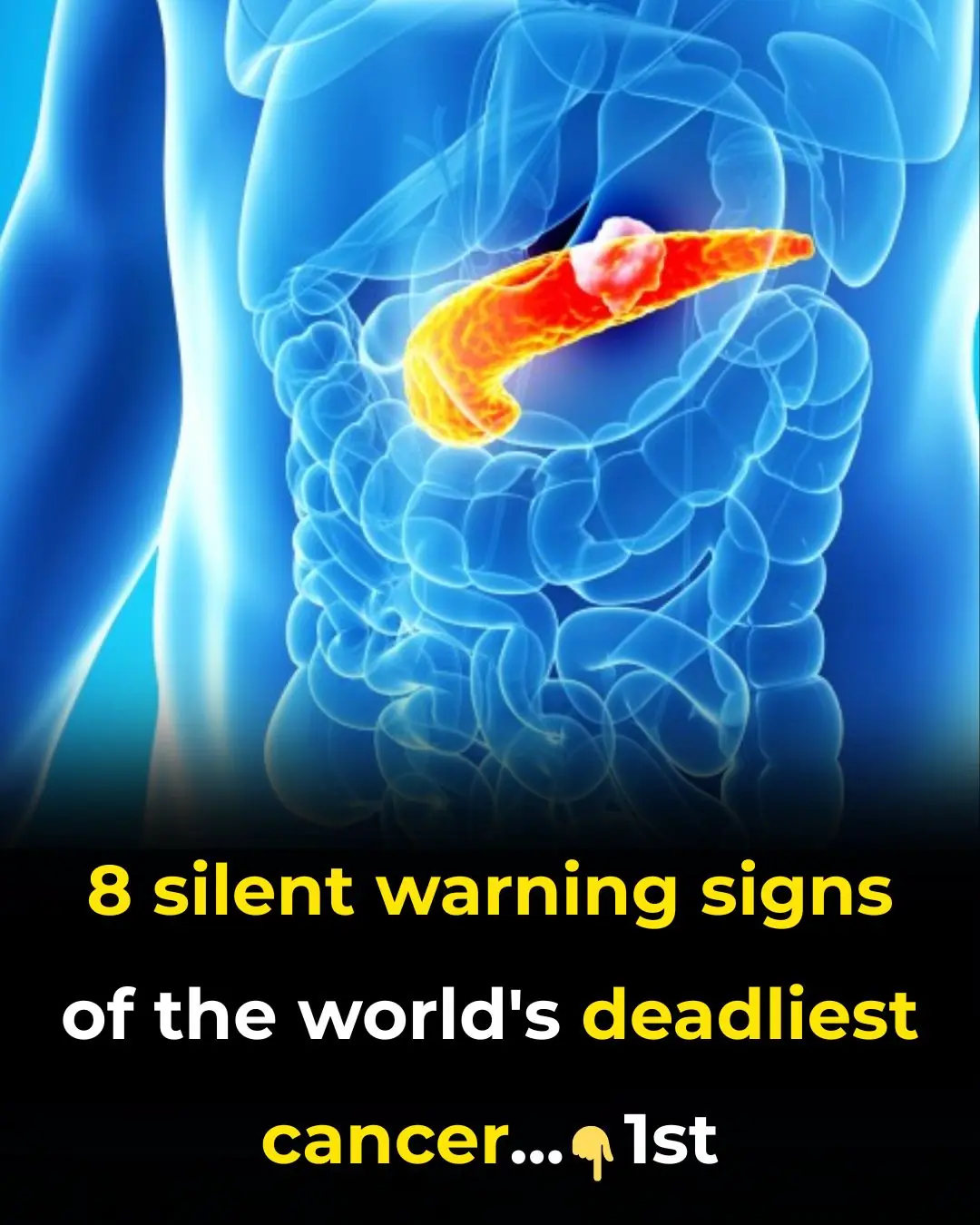
World’s deadliest cancer: 8 early warning signs every older adult should know
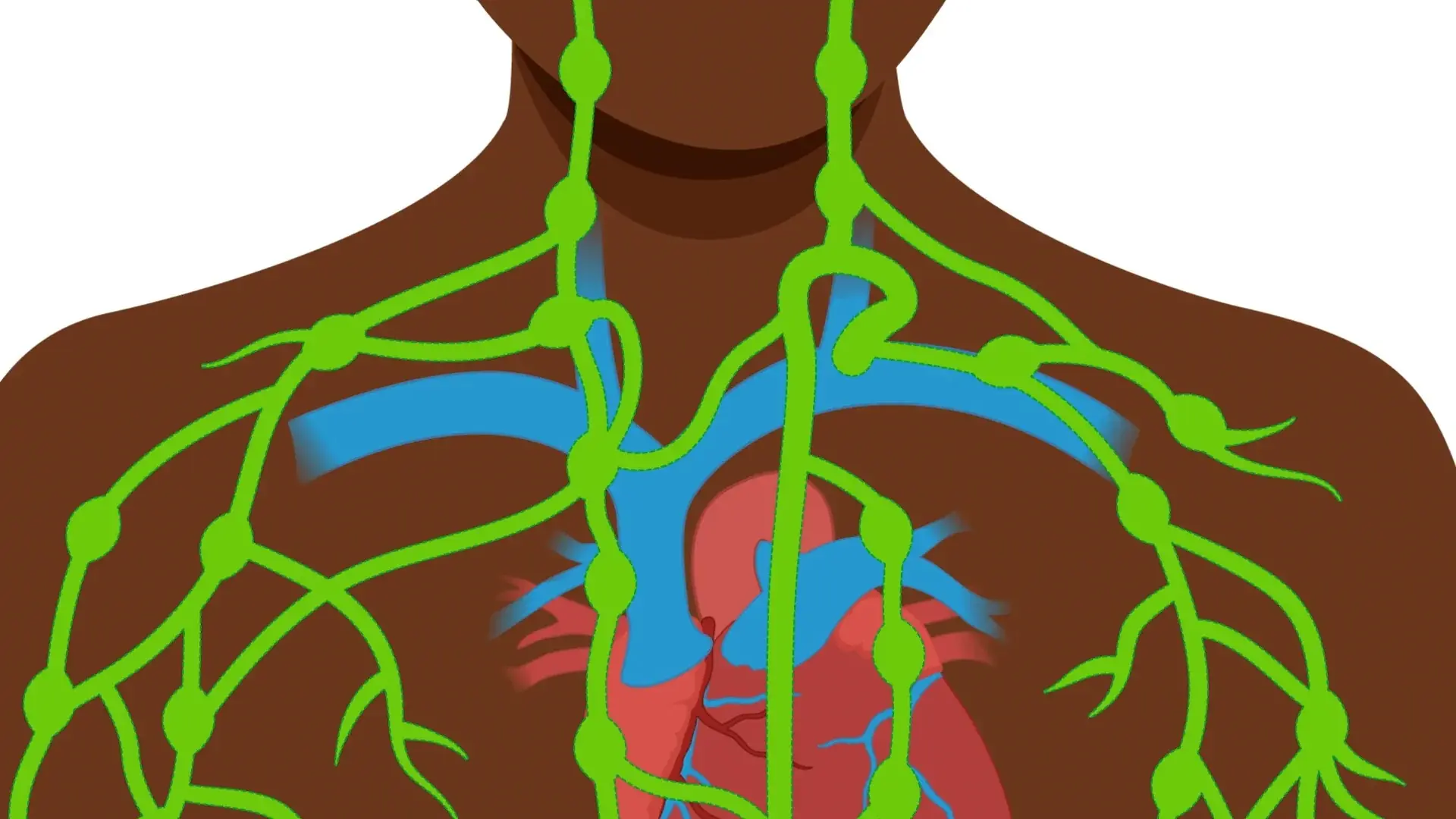
The Fastest Natural Way to Cleanse Your Lymphatic System That No One Talks About

5 Potential Risks of Eating Avocados You Should Know

Top Essential Oils That Instantly Ease Pain and Inflammation
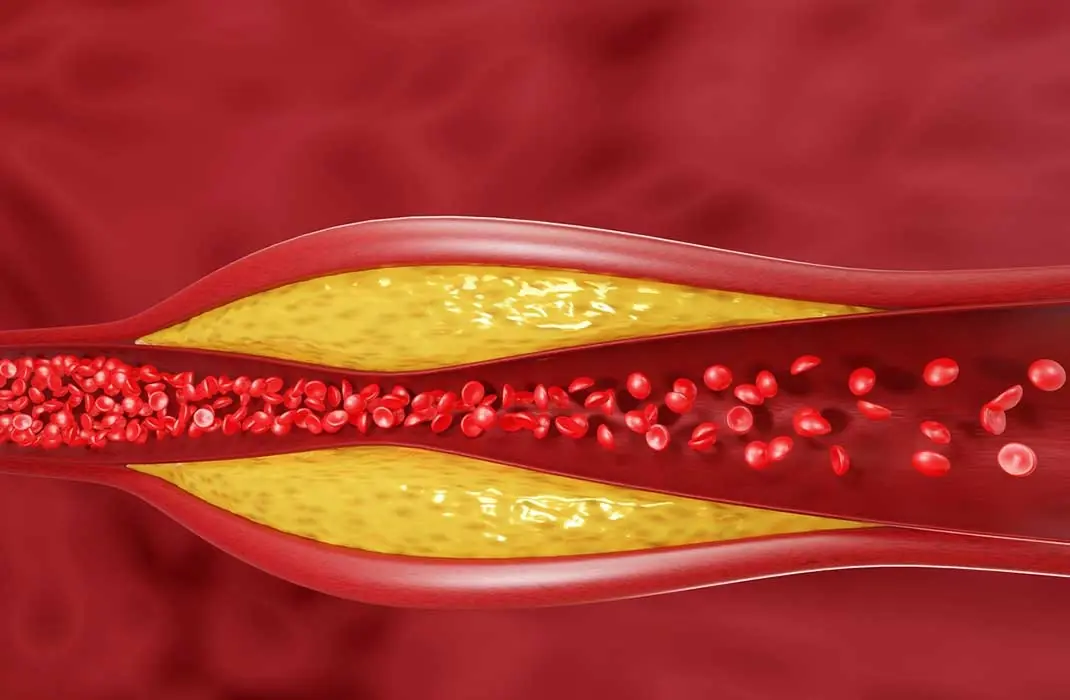
Cholesterol Meds Linked With Heart Attacks, Fast Aging And Brain Damage. Eat These Foods Instead

Food Suddenly Tastes Different? Here’s What Your Body’s Trying to Tell You

12 Common Foot Problems and How to Manage Them

Is Your Gel Manicure To:xic?

Understanding Eye Floaters: Causes and When to Seek Help

9 Convincing Reasons to Consume More Dates

Early-Stage Cancer May Not Hurt at First, But If You Notice These 8 Signs When Using the Bathroom, See a Doctor Immediately: Don’t Be Negligent
News Post

Firefighter reveals Princess Diana's last four words before she died
Nearly three decades after Princess Diana’s tragic death, a firefighter who held her hand in her final moments has shared what she said before losing consciousness. His emotional recollection sheds new light on one of the most heartbreaking nights in mo

Fans defend The Rock after he revealed 'slim' look which has left people extremely concerned
Dwayne “The Rock” Johnson stunned audiences with a dramatically leaner appearance at the Venice Film Festival, sparking a wave of divided reactions online. While some fans voiced concern for his health, others rushed to defend the Hollywood icon, remi

Elon Musk's daughter shares very honest message after cutting ties with billionaire dad who claimed she was dead
Vivian Wilson, the estranged daughter of tech mogul Elon Musk, has once again spoken out about life after severing ties with her world-famous father. In a rare and unfiltered message, she shed light on her personal struggles, her independence, and the rea

California hospital staff fired following 'dehumanizing' TikTok ridiculing their patients
What began as a short social media clip has ended in a scandal that shook a California healthcare network. A group of hospital workers recorded a TikTok mocking their patients—an act described as “dehumanizing”—and have now all been dismissed foll

Before-and-after images show effects space had on NASA astronauts after 9 months
What was supposed to be a short visit turned into nearly a year away from Earth. Now, newly released before-and-after images of two NASA astronauts show just how profoundly nine months in space can reshape the human body.

NASA just took the closest-ever images of the sun, and they are incredible
For the first time in history, humanity has peered closer into the blazing heart of our star than ever thought possible. NASA’s Parker Solar Probe has delivered astonishing images and video of the sun’s surface and atmosphere, revealing mysteries that

Rice Water: The “Liquid Gold” in Your Home That Most People Forget to Use

The Shocking Truth Behind “Bleach” Stains on Underwear – What Your Body Is Really Telling You
Many people are startled when they notice pale or bleach-like patches on their underwear and immediately assume something must be wrong. But far from being a sign of poor hygiene, this natural occurrence is actually one of the strongest indicators of a he
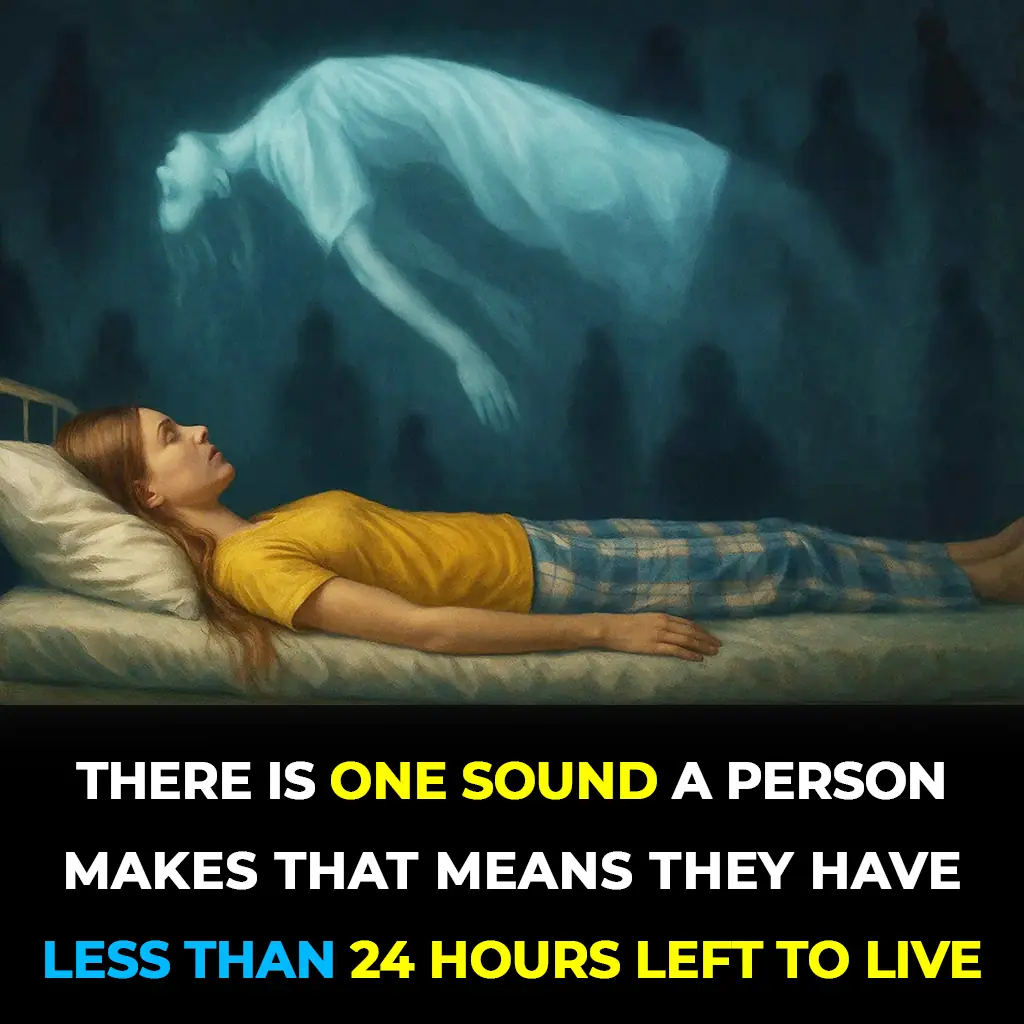
There Is One Sound A Person Makes That Means They Have Less Than 24 Hours To Live
As the body approaches its final hours, loved ones may hear a sound known as the “death rattle,” a sign that often causes deep concern. Though unsettling, this natural process is not painful for the person and understanding it can bring comfort to fam

Add This Simple Ingredient When Mopping – Your Floors Will Shine Like New and Stay Clean All Week!

5 Delicious Eating Habits That Put the Whole Family at Risk of C:ancer – Extremely Dangerous and Should Be Avoided Immediately

Be careful — one single action at the airport could ruin your en:tire life.

Condolences to those who are using these 4 types of electric kettles: Throw them away while you still can, thousands of people have already developed c:ancer.

How Magnesium Keeps Your Heart Rhythm Healthy

Why Do I Cough When Taking a Deep Breath?

Taking the Stairs Could Help You Live Longer

Purple Veins on Your Legs: When to Worry
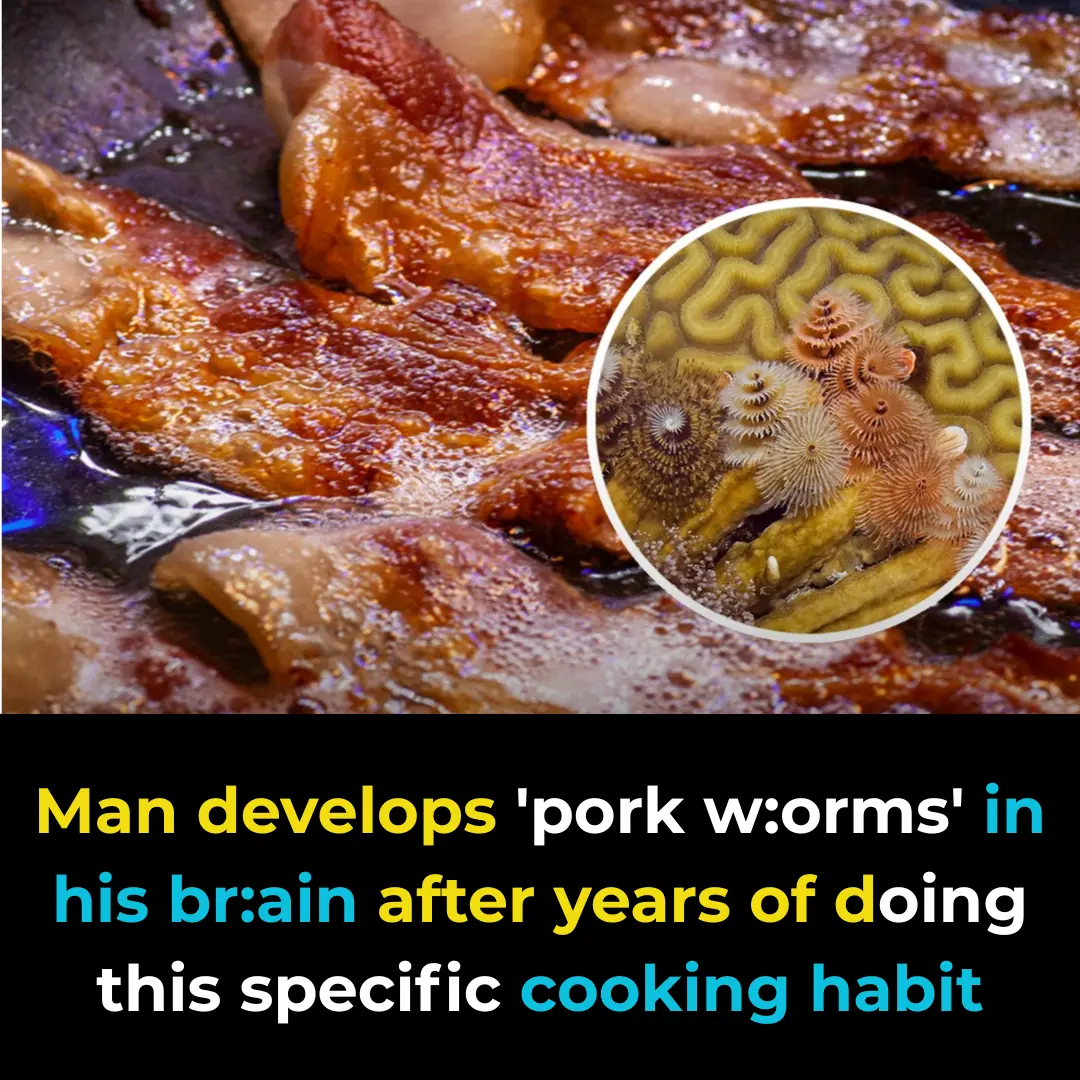
Man develops 'pork worms' in his brain after years of doing this specific cooking habit

Signs Your Cortisol Is Dangerously High
